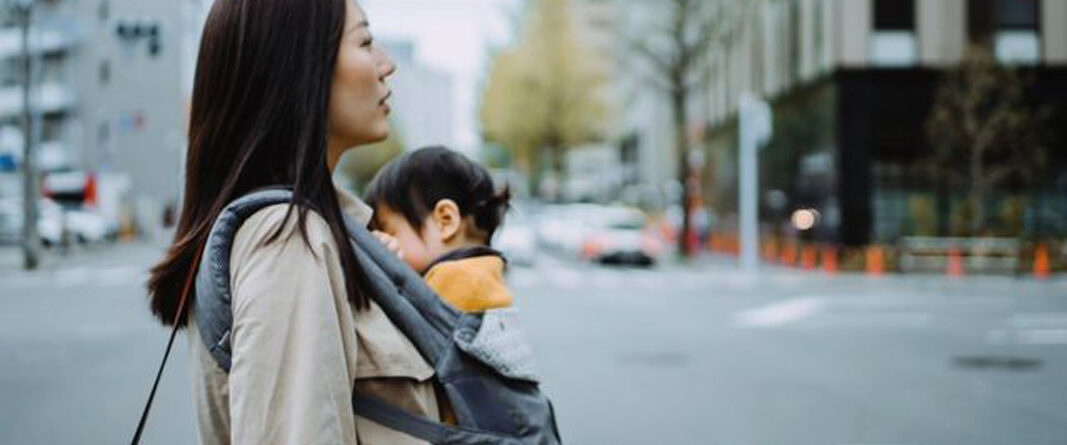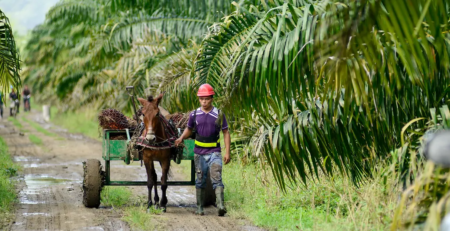Reconciling population and social expectations in Japan
Japan has been declared the world’s first ‘super-aged’ society and a ‘pioneer shrinking society’, rapidly inverting the demographic pyramid upon which the modern state has been built. Since 1989, when the low fertility rate of 1.57 became a major social concern, numbers have continued to trend downward. In June 2020, the Japanese government announced the preliminary results of the 2020 census revealing that the number of births in that year was the lowest on record.
Government efforts since the mid-1990s have focused on encouraging women to have more children. But even if every woman capable of doing so gave birth to three children in the next few years, it would not solve the economic and social effects of the ongoing ‘baby bust’, namely Japan’s labour shortages and the pressing burdens of pensions and elderly care in the near term. It would aggravate rather than address the larger crises associated with urban crowding and ecological devastation. The road ahead for Japan leads into unexplored territory, requiring flexible and creative plans to navigate it.
The 1995 Angel Plan and the 1999 New Angel Plan focused on supporting women who wanted to continue to work while raising children. But urban day care centres still have long waiting lists that force parents — overwhelmingly mothers — to forgo work. Policies focused on encouraging women to work more ignore the ‘second shift’ of domestic work that often falls to women due to general economic insecurity that has also depressed Japan’s birth rate.
Coupling and childbearing in Japan is bundled with a host of social demands around heterosexual marriage, gendered divisions of labour and sacrifices at both work and home. Young people in Japan today are trapped in social systems forged by earlier generations under very different circumstances. They tend to interpret any inability to meet certain pre-existing benchmarks associated with becoming an adult — including employment and marriage — as personal failures and feel powerless to change society.
Read more @East Asia Forum
268 views










